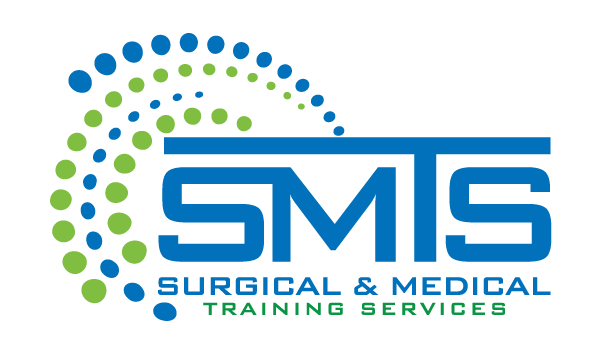Breakthroughs and Challenges in Cardiothoracic Labs
Embark on a journey into the pulsating world of Cardiothoracic Labs, where creativity meets difficulty, shaping the leading edge of heart and lung healthcare. These labs, important centers of innovative medical research, maneuver through numerous advancements and challenges, influencing the field of heart and lung health. They not only push boundaries in medical research and care but also deeply impact the lives of numerous patients globally. In this detailed guide, we will explore the advancements, and each heartbeat serves as evidence of the transformative impact of Cardiothoracic Labs and their essential contribution to Medical & Surgical Training Services.
Revolutionary Strides in Cardiothoracic Labs
Cardiothoracic labs worldwide are advancing healthcare, creating state-of-the-art technologies and approaches to enhance the detection, care, and oversight of heart and chest issues. Below are a few important advances that have transformed the realm of heart care:
- The Diagnostic Techniques
- HQ Imaging: Advances in imaging technology, such as 3D echocardiography and cardiac MRI, have transformed the detection of heart and lung diseases, allowing for precise and less invasive examinations.
- Genetic Testing: Incorporating genetic testing into medical care has allowed customized treatment strategies tailored to individual genetic characteristics, enhancing patient results significantly.
The Future of Cutting-Edge Techniques
The Cardiothoracic Labs has undergone a revolutionary change with cutting-edge minimally invasive methods, ushering in a new era of Surgical & Medical Training services.
- Surgeons now have advanced robotic systems with exceptional precision and control. This leads to faster patient recovery and reduces the need for prolonged hospital stays.
- Transcatheter methods, such as TAVR, have transformed how we treat valve issues. This is especially beneficial for patients considered high-risk for traditional surgery.
Emerging Therapies
Medical treatment developments are changing disease management therapy significantly, especially in Cardiothoracic Labs:
Stem Cell Therapy: Investigating Stem Cell Therapy as a promising method for rejuvenating tissues in the heart and lungs provides optimism for individuals with resistant ailments.
Biodegradable Stents: Known as a groundbreaking option in treating cardiovascular issues. These stents temporarily support blood vessels, slowly disintegrating as time passes and decreasing the chances of long-term complications linked to traditional metal stents. These advancements are ready to enhance patient care and greatly benefit the healthcare industry.
Navigating Challenges in the Field
Although these advancements are not without challenges. It is crucial to address these obstacles to improve and implement innovations in Cardiothoracic Labs.
Ethical and Regulatory Hurdles
Progress in technology and treatments requires a corresponding development in ethical standards and regulations, as detailed below.
- As genetic testing becomes increasingly common and the use of digital records rises, protecting patient data from breaches is becoming increasingly crucial.
- Securing approval for innovative devices and treatments involves a prolonged and expensive procedure, potentially causing patient treatment delays. Logistic and financial challenges also play a role in this matter.
- Limited funding and resources can restrict the allocation of resources, preventing the implementation of advanced technologies and comprehensive research, especially in underserved regions.
- Coming up with new ideas and bringing them to market can be costly, which limits access to many individuals.
The Human Element
Despite the high-tech environment of Cardiothoracic Labs, the human aspect remains central — from the researchers and medical staff to the patients.
- Training and Education
- Ongoing Education: keeping up with the fast-paced innovation necessitates ongoing education and training, which can consume time and money.
- Skill Set Evolution: New and experienced medical professionals must adapt and learn new skill sets as new technologies emerge.
- Patient-Centric Innovations
- Pain Management and Rehabilitation: Postoperative care methods aim to reduce pain and speed up recovery so patients can return to regular activities sooner.
- Enhanced Patient Monitoring: Advancements in remote monitoring aid in detecting potential complications sooner, enhancing long-term care management.
Conclusion
Cardiothoracic Labs are at the forefront of medical progress, while Surgical and Medical Training Services consistently push healthcare boundaries. The advancements we observe are potentially even greater if these laboratories can overcome the ethical, regulatory, and logistical obstacles ahead. For individuals in this rapidly changing industry, it will be crucial to stay updated and flexible to effectively utilize advancements for the well-being of patients across the globe. In the future, cooperation among various disciplines and the incorporation of emerging technologies will influence the field of cardiothoracic healthcare.
